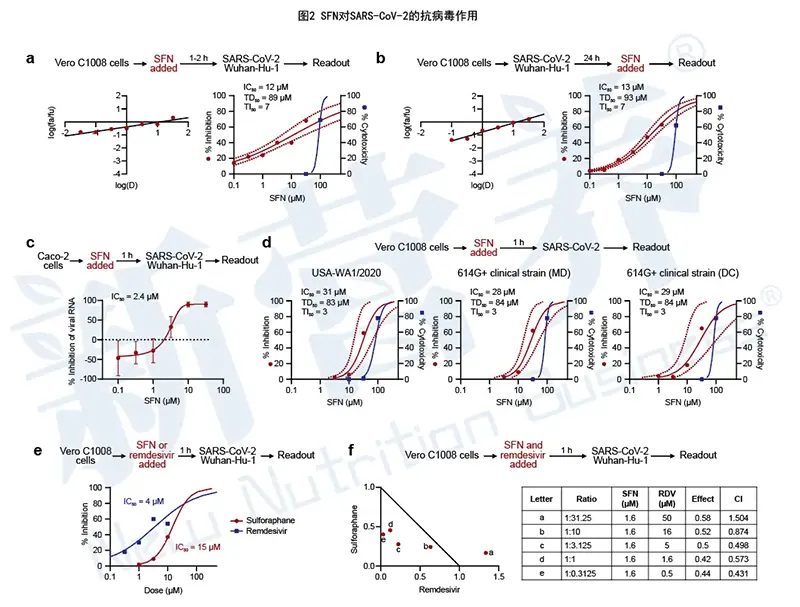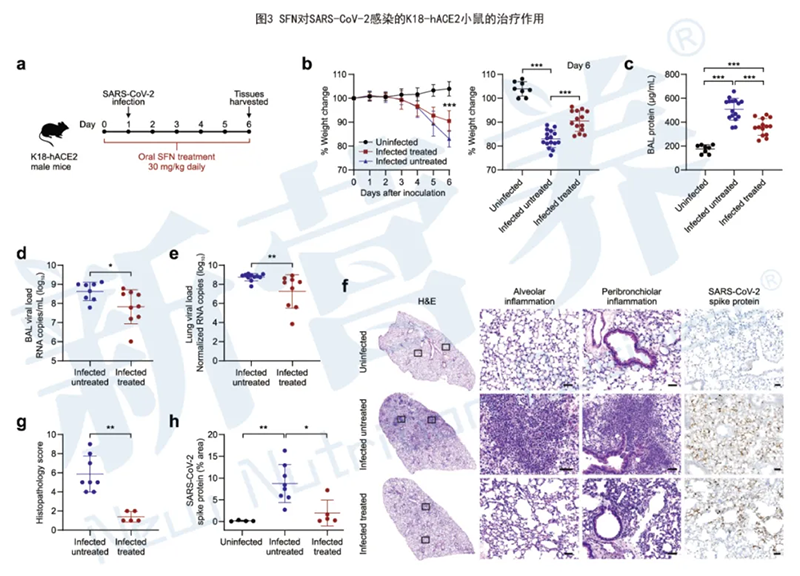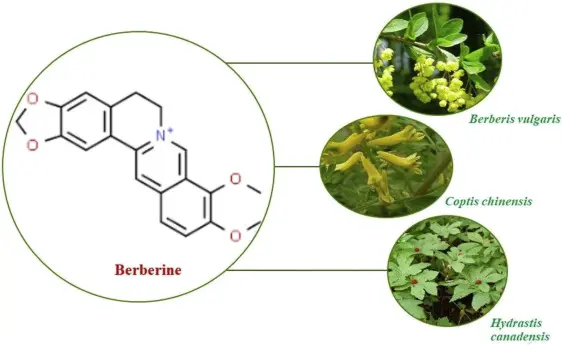Sulforaphane: A Natural Ally Against Viruses and Infections
Sulforaphane (SFN), a bioactive compound found in broccoli sprouts and other cruciferous vegetables, is emerging as a powerful agent in the fight against viral infections, including COVID-19 and seasonal coronaviruses. Research published in Nature highlights its potential to inhibit virus replication and reduce disease severity, making it a promising candidate for immune support and antiviral therapies.
1. Rising Demand for Antiviral Solutions
As global health challenges persist, public awareness of immune health continues to grow. According to a report by Growth Plus Reports, the global influenza drug market is projected to reach $1.51 billion by 2030, with a compound annual growth rate (CAGR) of 4.8%.
Despite advances in antiviral drugs, limitations persist, particularly with emerging virus variants like Delta and Omicron. The search for active compounds capable of combating these challenges remains a priority, especially those that can be incorporated into daily health routines to strengthen immunity. Sulforaphane has drawn attention as a potential natural solution in this context.

2. Sulforaphane’s Role in Inhibiting Virus Replication
A study led by researchers at Johns Hopkins University demonstrated sulforaphane’s ability to suppress the replication of SARS-CoV-2 and seasonal coronaviruses such as HCoV-OC43. The research showed that sulforaphane could reduce virus replication by 50% across six coronavirus strains, including Delta and Omicron variants.


The study involved pre-treating cells with sulforaphane for one to two hours before exposing them to the virus. It was observed that sulforaphane significantly reduced viral replication and virus-induced cell death in a dose-dependent manner. The compound exhibited protective effects both before and after infection, offering a dual mechanism of action for antiviral defense.

3. Synergy with Existing Therapies
In addition to its standalone effects, sulforaphane demonstrated synergistic benefits when combined with remdesivir, a widely used antiviral medication for COVID-19 treatment. This combination enhanced the inhibition of virus replication more effectively than either compound alone.
In animal studies, sulforaphane reduced viral loads in the lungs and upper respiratory tract by 17% and 9%, respectively. It also mitigated lung inflammation and decreased the extent of lung damage by 29%. These findings suggest sulforaphane’s potential as an adjunct therapy for respiratory infections.
4. A Sustainable Source of Sulforaphane
Sulforaphane is derived from glucoraphanin, a glucosinolate found in broccoli seeds and sprouts. Research shows that broccoli seeds contain 20–50 mg/g of glucoraphanin, making them an excellent raw material for sulforaphane extraction. Compared to mature broccoli plants, seeds have up to 70 times higher concentrations, highlighting their value for nutritional and therapeutic applications.
Since 2017, broccoli seed extract has been recognized as a novel food ingredient in China, further promoting its use in functional foods and supplements. This regulatory approval has paved the way for its broader adoption in the health and wellness industry.
5. Preparing for Future Health Challenges
As the demand for immune-boosting products grows, sulforaphane-based ingredients are gaining traction in the market. By investing in immunity before illness strikes, consumers can reduce the severity and duration of symptoms. With its robust scientific backing, sulforaphane is well-positioned to become a key player in the fight against viral infections and overall health enhancement.
Conclusion
Sulforaphane represents a powerful, natural tool for boosting immunity and combating viral infections. Its ability to reduce viral replication, mitigate inflammation, and support respiratory health positions it as a valuable ingredient in the nutritional and therapeutic landscapes. As research progresses, sulforaphane’s role in antiviral defense and immune support is set to expand, offering a natural solution to modern health challenges.










